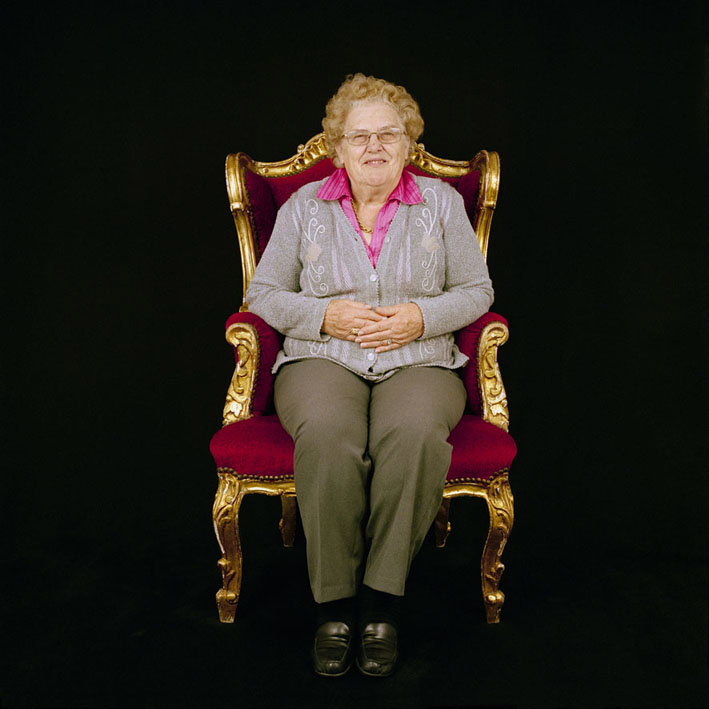
Overview Backstage Heroes - Alternative Nobel Prize Laureates Nayakrishi Andolon - organic farming in Bangladesh Sarayaku – a village in resistance to oil drilling The Other Globalisation G8-Summit Heiligendamm Breast Cancer Breast Cancer – Faces |
||||||

|
Louise Schmeiser, farmer, Canada Born December 6, 1931 Alternative Nobel Prize 2007
Louise and Percy Schmeiser have been farming their 1500 acres for over sixty years. They have specialized in the breeding and growing of canola, and for over forty years have developed varieties adapted to regional conditions. In 1998, the agrichemical concern Monsanto - which holds over 700 patents worldwide - pressed charges against the couple for patent infringement. The billion-dollar corporation accused them of having planted Round-up Ready Canola, genetically modified canola seeds, without paying the patent fees. They demanded 300,000 dollars in damages. But according to the Schmeisers, they had never sown such seeds; the seeds had blown onto their land from neighboring fields or passing trucks. Their own seed varieties had been destroyed by the cross-contamination - their life work wiped out. The legal battle dragged on for years. The 2004 decision to some extent confirmed the standpoint of the farmers, but backed up the corporations' rights to the DNA of the modified plants and thus to the plants themselves. After genetically modified canola continued to show up on their land, Louise Schmeiser sued the corporation in 2008 for the sustained contamination of her organically cultivated garden. The case ended with an out of court settlement, in which Monsanto agreed to pay 660 dollars for the cost of removing the plants. In the course of the legal proceedings, the Schmeisers were subjected to massive intimidation on the part of the corporation, and the great financial burden endangered the existence of their farm. But they did not bow to the pressure; instead, they brought the trial and the accompanying circumstances into the public eye. In lectures and public appearances, they have since then been urgently warning against the use of genetically modified plants in agriculture and about the consequences of the monopoly of the seed companies. Their unflinching commitment has brought the couple the support and solidarity of the whole world and has made them into symbols for the struggle of independent farmers for their rights.
|
| << 01/10 project description >> |